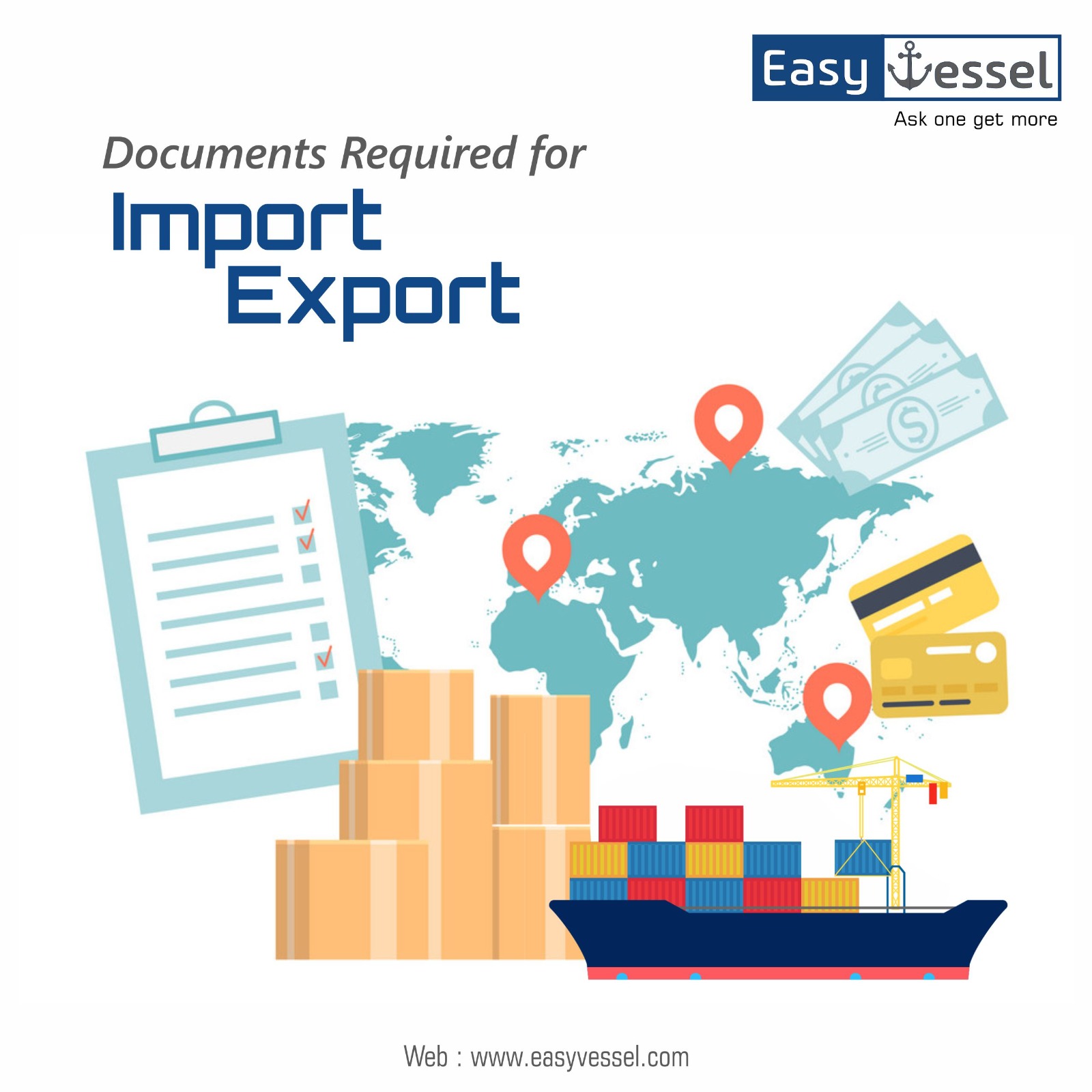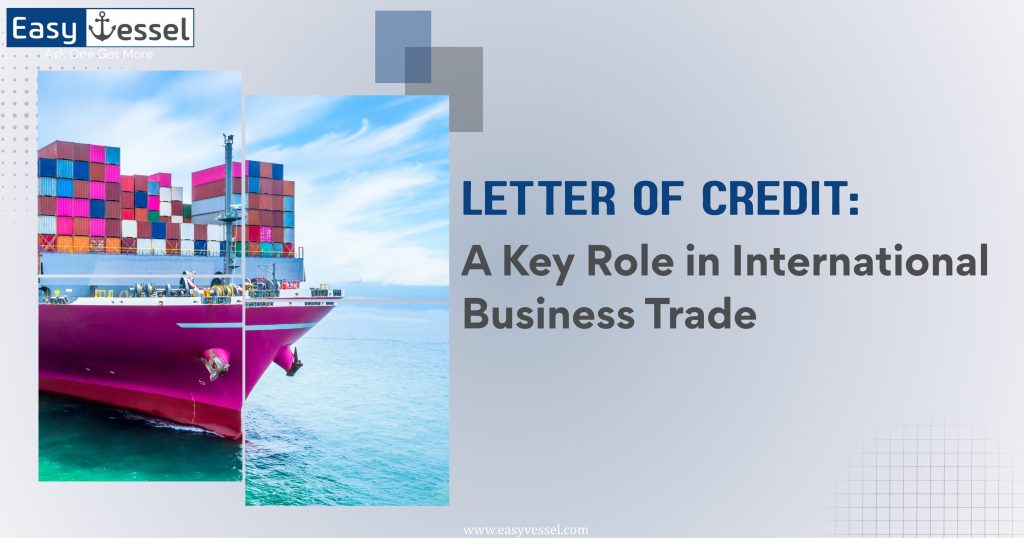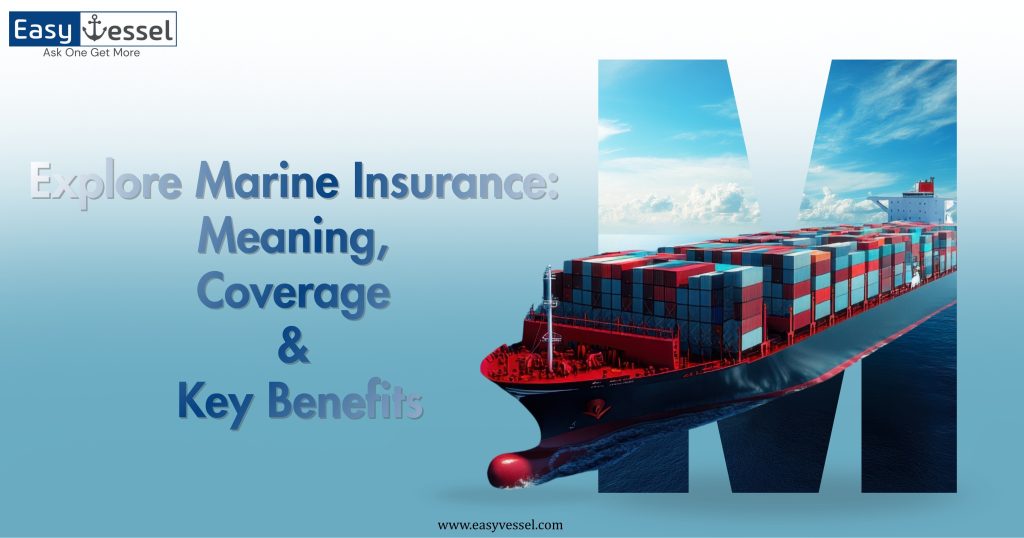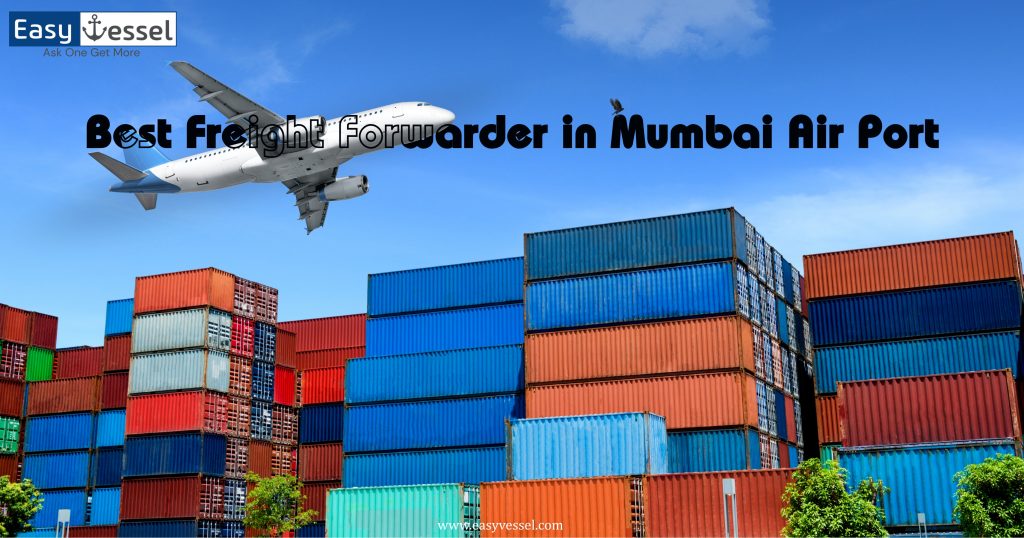What is Import-Export Documentation?
- Governments and customs authorities mandate import-export documentation for legal trade between different countries.
- These documents act as evidence of transactions, provide essential information about the traded goods, and ensure compliance with regulations and international trade standards.
- Import-export documentation includes commercial invoices, bills of lading, packing lists, certificates of origin, import/export licenses or permits, and customs declarations, among others.
- Proper documentation plays a crucial role in facilitating smooth customs clearance, accurately valuing goods, and maintaining transparency throughout the international trade process.
- The Indian Government has implemented measures to ease the business process.
- One of these initiatives involves simplifying import and export documentation.
- The required documents may vary depending on the type of product being traded.
- The Foreign Trade Act of 1992 outlines specific necessary papers for bringing in or sending out products to India.
Required Document for Import Export:
Here are the papers that are usually required for the procedures of bringing things into or sending them out of India:
- Commercial Invoice
- Bill of Lading (BOL) or Airway Bill
- Packing List
- Certificate of Origin
- Import/Export License or Permit
- Customs Declaration
- Insurance Certificate
- Inspection Certificate
- Proforma Invoice
- Bill of Exchange or Letter of Credit
Commercial Invoice:
- A “Commercial Invoice” is like a receipt for international trading.
- It shows what’s being bought or sold, how much it costs, and other important info.
- Customs officials use it to check and approve goods coming in or going out of a country.
- It includes essential information like a description of the goods, individual prices, total value, payment terms, and shipment details.
Bill of Lading (B/L) or Airway Bill (AWB):
- Your things are set to be sent, the shipping company will make a “Bill of Lading” for sea shipments or an “Airway Bill” for air shipments.
- This document is like a ticket for your goods, confirming that they have been received for shipment and are en route to your country.
- It contains details about the origin and destination ports and the shipping route.
Packing List:
- Your goods are shipped, and you’ll receive a Packing List from the supplier.
- Think of it as an inventory list for each package.
- It provides information about the weight, dimensions, and a list of all the goods in the shipment.
Certificate of Origin (COO):
- The Certificate of Origin is a certificate that tells customs where the goods were manufactured or produced.
- It’s essential for determining eligibility for preferential trade agreements and calculating customs duties.
Import License or Permit:
- Depending on your country’s regulations and the type of goods you’re importing, you might need an Import License or Permit.
- It’s like official permission to bring specific goods into your country.
Customs Declaration:
- The Customs Declaration is a form you need to fill out for customs authorities.
- This form provides essential information about your imported goods, helping customs assess the applicable customs duties and taxes.
Insurance Certificate:
- An Insurance Certificate is like a safety shield for your import and export items.
- It helps guard against troubles that might happen while your goods are being transported.
Inspection Certificate:
- An Inspection Certificate is a document issued by an authorized inspection agency to check the quality, quantity, and compliance of imported or exported goods.
- This certificate is essential for ensuring product quality, preventing fraud, and making international trade easier.
- This provides confidence to traders and customs authorities that the goods are in proper condition and meet the required specifications.
Proforma Invoice:
- As an exporter, your journey begins with a Proforma Invoice.
- This document is like a pre-invoice, which you send to your foreign buyer.
- It includes details about the goods, quantity, price, and terms of the sale.
Bill of Exchange or Letter of Credit
- Traders utilize these documents to ensure secure and reliable payments, reduce disputes, and build confidence in international business deals.
Here is a list of which documents are required for import export:
|
Document |
Import |
Export |
|
Purchase Order (PO) |
✔️ |
|
|
Commercial Invoice |
✔️ |
✔️ |
|
Packing List |
✔️ |
✔️ |
|
Bill of Lading (B/L) |
✔️ |
✔️ |
|
Airway Bill (AWB) |
✔️ |
✔️ |
|
Certificate of Origin |
✔️ |
✔️ |
|
Import License/Permit |
✔️ |
|
|
Export License/Permit |
✔️ |
|
|
Customs Declaration |
✔️ |
✔️ |
|
Insurance Certificate |
✔️ |
✔️ |
Registration Sites
Here are government websites for import-export registration in various countries:
- India:
Import and Export Registration: Directorate General of Foreign Trade (DGFT) website (https://dgft.gov.in/)
- United States (US):
Import and Export Registration: U.S. Customs and Border Protection (CBP) website (https://www.cbp.gov/)
- Canada:
Import and Export Registration: Canada Border Services Agency (CBSA) website (https://www.cbsa-asfc.gc.ca/)
- Australia:
Australia Import and Export Registration: Department of Home Affairs – Australian Border Force website (https://www.abf.gov.au/)
- United Kingdom (UK):
Import and Export Registration: Gov.uk website (https://www.gov.uk/topic/business-tax/import-export)
Consulting with relevant authorities and trade experts is essential to determine specific documentation requirements for import or export.
Customs regulations and trade agreements vary by country, impacting the needed documents, making attention to detail vital for success.
Conclusion:
Import-export documentation is vital for legal trade, providing evidence and compliance with regulations. It ensures smooth customs clearance and secure payments, building trust in cross-border transactions.
If you are shipping goods internationally, it is a good idea to use a freight forwarder. They can help you save time and money. so, visit easyvessel to get more benefits.
References:
Import Requirements and Documentation [1].
Certificate of Origin By Wikipedia [2].
FAQ’s
The best place to find more information about the required documents for import and export is the website of the customs authority in the country where you are exporting or importing the goods. You can also find information on the websites of trade organizations, such as the World Trade Organization (WTO) and the International Chamber of Commerce (ICC).
Commercial Invoice: Details product value, terms, and parties involved.
Packing List: Lists contents, quantities, and packaging.
Bill of Lading: Proof of shipment and contract of carriage.
Certificate of Origin: Confirms product’s origin country.
Export License: Required for controlled goods.
Customs Declaration: Declares goods to customs authorities.
Proforma Invoice: Preliminary offer, not legally binding.
Insurance Certificate: Coverage for transportation risks.
Export Compliance Documents: Ensure adherence to regulations.
Quality Inspection Certificate: Certifies product quality and specifications.
Here are 6 most required documents for import export license:
IEC Code: 10-digit trade identifier issued by DGFT.
PAN Card: 10-digit tax number from Income Tax Dept.
Bank Certificate: Account details confirmation by the bank.
Address Proof: Document verifying applicant’s address.
Business Proof: Evidence of business like GST certificate.
Photograph: Recent picture of the applicant.
IEC code also known as the Importer-Exporter Code, is a 10-digit identifier issued by India’s Directorate General of Foreign Trade (DGFT). It’s a unique number necessary for all import and export transactions within India.



